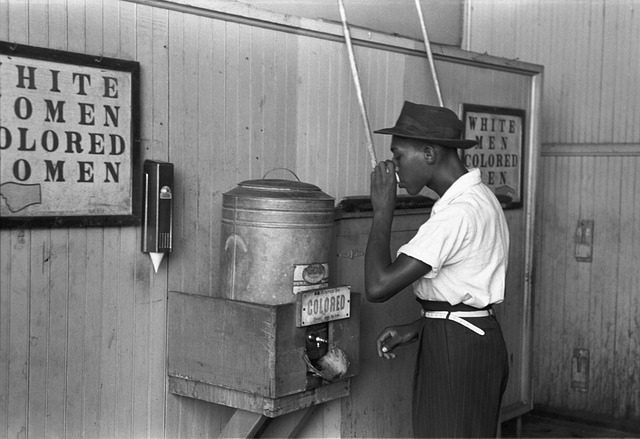
The Suffrage Movement
The suffrage movement was a pivotal chapter in the history of democracy, focusing on the right to vote for women. It wasn't just about casting a ballot; it was about equality, representation, and a voice in governance. This movement spanned decades and involved countless individuals who fought tirelessly for a cause that seems fundamental today but was revolutionary back then.
The Early Days
The roots of the suffrage movement can be traced back to the mid-19th century. In 1848, Elizabeth Cady Stanton and Lucretia Mott organized the first women's rights convention in Seneca Falls, New York. This gathering marked a significant turning point, as it brought together women and men who believed in the necessity of women's rights, including the right to vote.
Key Figures
Among the many advocates, Susan B. Anthony emerged as a leading figure. She co-founded the National Woman's Suffrage Association (NWSA) in 1869, working alongside Stanton to push for women's voting rights at the national level. Their efforts were crucial in raising awareness and mobilizing support for the cause.
Global Perspectives
While the movement gained traction in the United States, it was also happening globally. For instance, New Zealand became the first self-governing nation to grant women the right to vote in 1893, thanks to the relentless efforts of activists like Kate Sheppard. This was a significant milestone that inspired many other countries to follow suit.
Challenges Faced
The road to suffrage was fraught with challenges. Many opponents argued that women were not suited for politics, often citing societal norms and traditional roles. Despite these barriers, the movement continued to grow, fueled by the determination of its advocates. The suffrage movement was diverse, with a broad class base that united people from various backgrounds in pursuit of a common goal.
Achievements and Legacy
After years of struggle, the 19th Amendment was ratified in the United States in 1920, granting women the right to vote. This was a monumental achievement, but it was just the beginning. The suffrage movement laid the groundwork for future civil rights movements, emphasizing the importance of equality and justice.
Conclusion
The suffrage movement was more than just a fight for the right to vote; it was a fight for recognition and respect. The efforts of those involved continue to resonate today, reminding us of the importance of participation in democracy. As we reflect on this history, let’s keep pushing for equality and ensuring that every voice is heard. 🗳️

















 Kamala Harris: A Trailblazer in Politics
Kamala Harris: A Trailblazer in Politics 
 Health
Health  Fitness
Fitness  Lifestyle
Lifestyle  Tech
Tech  Travel
Travel  Food
Food  Education
Education  Parenting
Parenting  Career & Work
Career & Work  Hobbies
Hobbies  Wellness
Wellness  Beauty
Beauty  Cars
Cars  Art
Art  Science
Science  Culture
Culture  Books
Books  Music
Music  Movies
Movies  Gaming
Gaming  Sports
Sports  Nature
Nature  Home & Garden
Home & Garden  Business & Finance
Business & Finance  Relationships
Relationships  Pets
Pets  Shopping
Shopping  Mindset & Inspiration
Mindset & Inspiration  Environment
Environment  Gadgets
Gadgets  Politics
Politics 